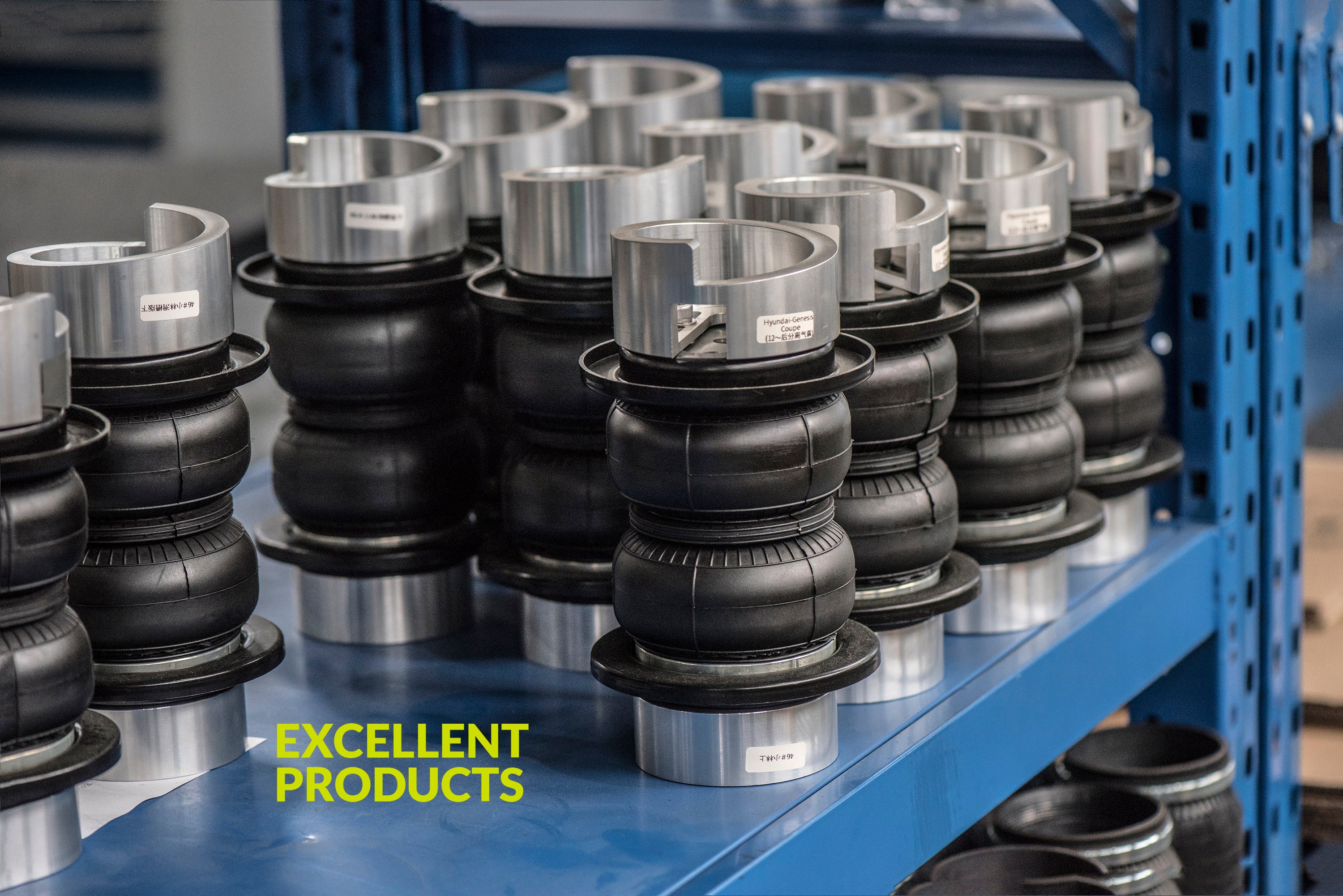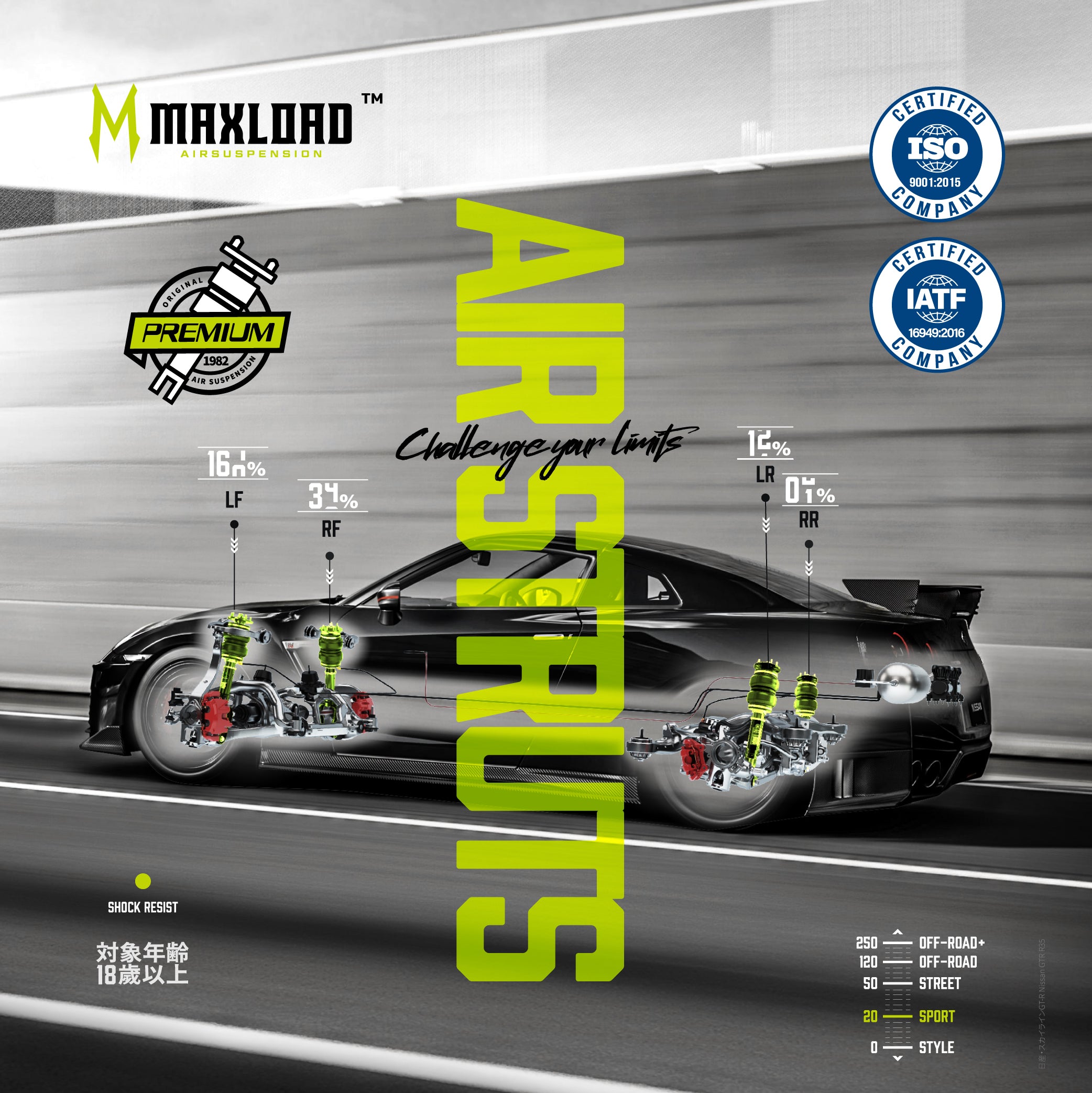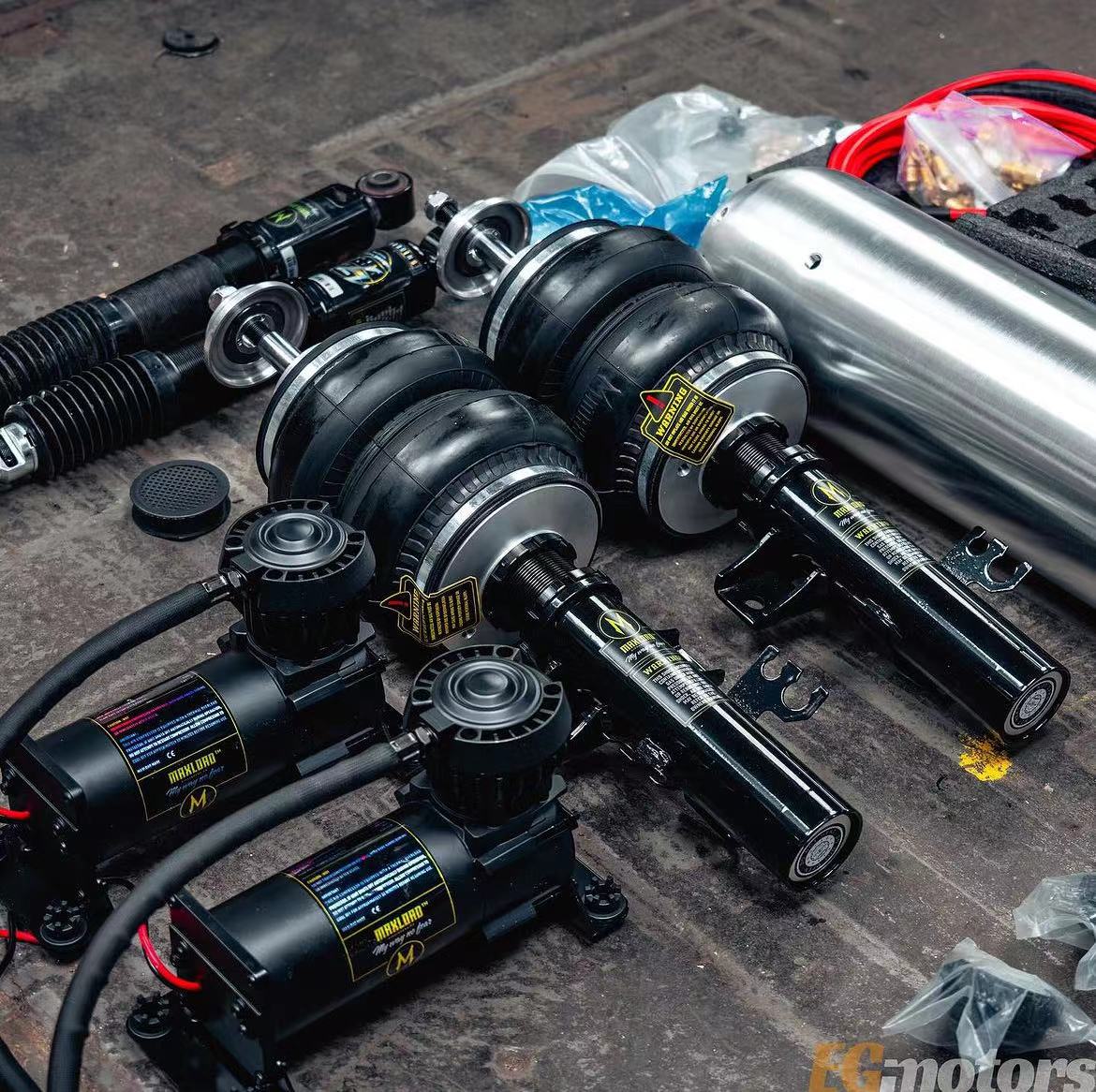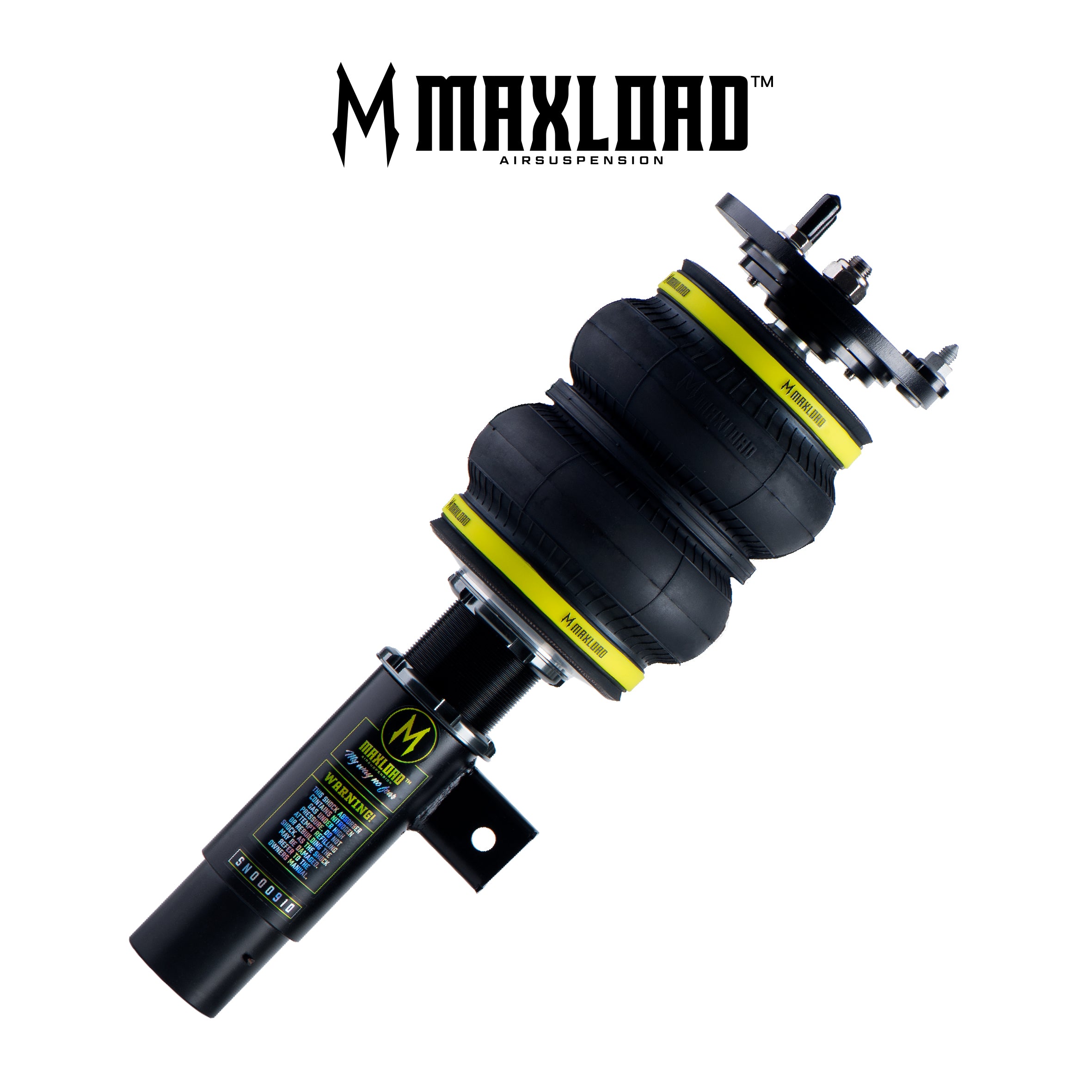"Undoubtedly the First! Japanese Media: The Coolest Street Racing Manga"
For many men, owning their dream car is a goal they strive for. And many manga with street racing and racing themes have also attracted everyone's attention. So, for Japanese netizens, which street racing manga do they consider the coolest? Recently, a Japanese media outlet conducted a survey.
"street racing" originates from life and often surpasses life itself.

First on the list is "Initial D." This work, serialized in 1995, introduced us to the allure of street racing. It made car enthusiasts worldwide aware of a car called the AE 86, a mountain named Akina, and a driving technique called drifting. It spawned not only an anime but also movies, arcade games, and various models.
Old Japanese performance cars that were on the verge of being scrapped worldwide got a second lease on life thanks to it. Enthusiasts revived them, emulating the manga's modifications. Toyota also decided to re-enter the sports car market and developed the Toyota AE 86 due to the fervor for this manga, continuing the legacy of the iconic "AE 86" name.
Japan's anime industry is an industry that inspires dreams.

Second on the list is "The Circuit Wolf." This work tells the story of a protagonist who starts as a violent motorcycle gang member and later transforms into an F1 racer. This manga is a milestone in the history of car manga and even has a dedicated "The Circuit Wolf" museum showcasing the cars featured in the manga.
"The Circuit Wolf" depicts the journey of a race car driver and features various sports cars like Ferrari, Porsche, Lamborghini, Lotus, and Maserati. Many young people at the time, after reading this manga series, aspired to pursue careers related to automobiles, some becoming car designers and others becoming car mechanics or salespeople. It's thanks to them that Japan's automotive industry was able to excel globally. The popularity of this manga continued to rise, and the story incorporated Japanese domestic GT sports cars like the Toyota 2000GT and Nissan 240Z, which further promoted the automotive industry.
"The Circuit Wolf" not only captivated children's interest in cars but also resonated with adults. It was even adapted into a live-action film, preceding "Initial D" by 20 years.
Did manga lead to the rise of car modification in the community?

Third on the list is "The Car Doctor." This work similarly tells the story of characters with dreams of participating in F1 races, striving toward that goal.
During the years when F1 racing was halted, a manga about automobile technicians appeared in the late 1970s and early 1980s, titled "The Car Doctor." The manga depicted car mechanics' perspectives and included many scenes of car modifications and DIY tinkering with cars. After the manga's release, DIY car research and modification trends began to emerge in Japanese society. Unlike previous racing manga, which focused on race drivers, this manga presented racing and modification from a mechanic's perspective. People's understanding of cars shifted from the racetrack back to daily life.
In Japanese car modification history, this manga indeed sparked a trend. In the 1980s, as Japanese domestic cars underwent a phase of renewal and numerous turbocharged models emerged, manufacturers competed to produce cars with the highest horsepower, marking the beginning of the "horsepower war." At the same time, numerous street racers emerged, and more people aspired to have higher-performance, better-handling cars.
From this manga onwards, Japanese sports cars of the 1980s started appearing in manga extensively. The story also shifted from high-level races to touring car races. The manga displayed automotive expertise rarely found in previous car manga. After this manga, the landscape of car manga changed once again. It was from this time that Japanese car manufacturers eagerly released high-performance sports cars, investing in the development of high-end sports cars without cost constraints. This set the stage for the golden age of Japanese performance cars in the 1990s and gave rise to the later 280-horsepower Gentlemen's Agreement.
Have you all read these manga? Do you have any other favorite manga to recommend? Please leave a comment below to discuss with everyone.














